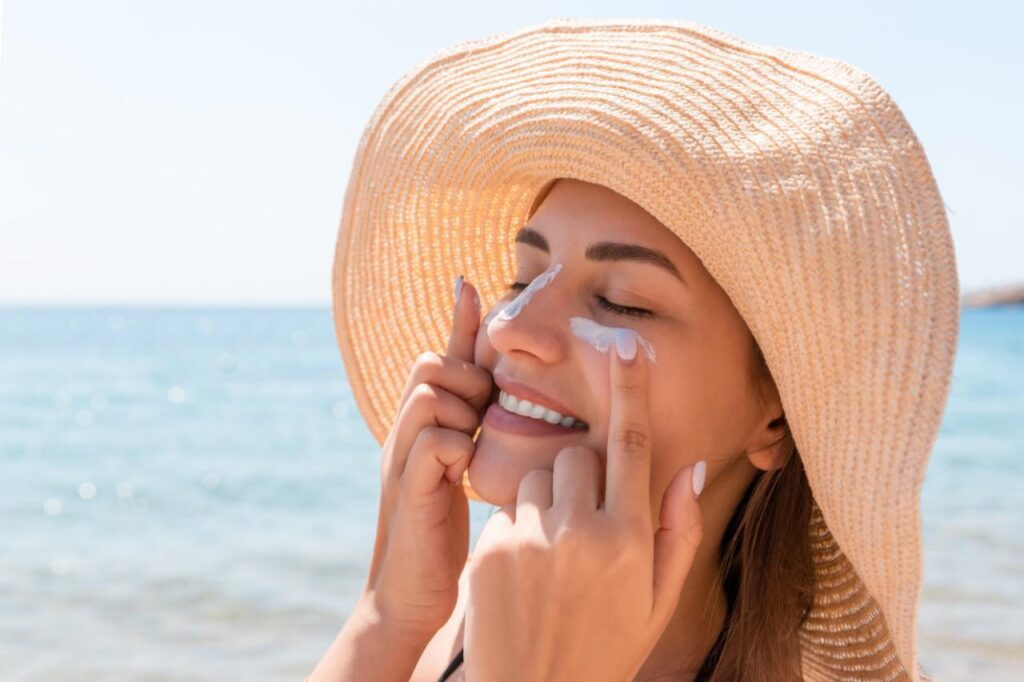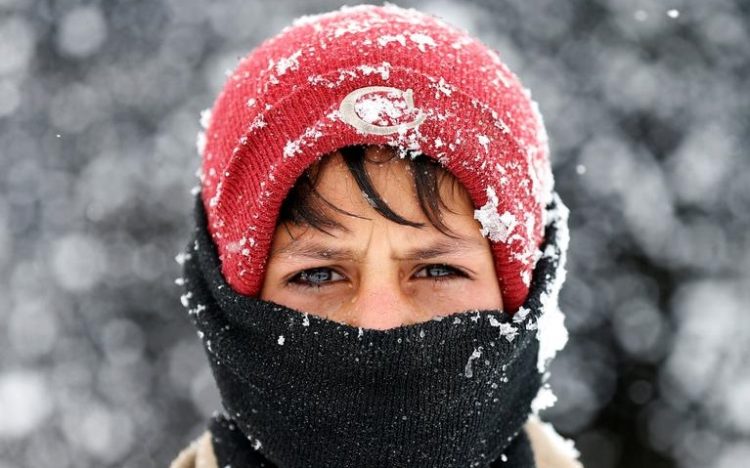While skin cancer is a result of long-term sun damage, elderly adults can take steps to protect themselves. For instance, they can avoid the peak sunlight hours between 10 a.m. and 4 p.m. They can also make it a habit to perform monthly head-to-toe skin checks.
In addition, seniors can visit a dermatologist annually. These skin care experts have more expertise in identifying spots and performing skin biopsies.
Wear Sunscreen
Most skin cancers are caused by UV rays, so it is vital for seniors to make sun protection an everyday habit. It is recommended that they use a broad-spectrum sunscreen with at least an SPF of 30 and reapply it every two hours, especially after swimming or sweating.
Elders should also wear a hat and sunglasses to reduce their risk of sun exposure to the eyes, which can cause problems like cataracts and age-related macular degeneration. They should also drink plenty of water to stay hydrated.
Many elderly people think that since they have sailed through most of life’s ups and downs, they can throw caution to the wind with their health. However, this is far from the truth. They need to take the necessary precautions in order to enjoy their golden years.

Wear Sunglasses
While many people wear sunglasses simply for fashion, they also provide a health benefit. Sunglasses can protect the eyes from UV rays, and the delicate skin around the eyes.
If your senior loved one chooses to buy a new pair of sunglasses, be sure that they are labeled as blocking 100 percent of UVA and UVB rays.
Using these simple strategies can prevent skin cancer and help your senior loved ones live longer healthier lives. Encourage them to perform regular self-exams of their bodies, looking for changes in the skin that should be reported to a healthcare provider.
Wear Clothes That Cover Your Skin
A wide-brimmed hat and long-sleeved shirt can help a senior avoid sunburn. Clothing that is dark in color, such as blue or black, also offers more protection from UV rays.
Most skin cancers are the result of cumulative exposure to the sun’s damaging rays throughout a person’s life. Each new sunburn increases the risk of developing non-melanoma skin cancer.
Seniors should regularly check their skin, especially areas that are difficult to see, such as the back of their legs and neck. They should also have their family and Oakville home care providers examine any suspicious-looking spots. In addition, a yearly skin exam by a dermatologist is important because they have more experience diagnosing skin cancer and can detect it early on.

Seek Shade
Many seniors grew up in an era when applying baby oil to get a “golden tan” or hitting the tanning bed was common. Although those practices have decreased in popularity, frequent and prolonged exposure to ultraviolet (UV) rays is still the #1 cause of skin cancer.
The natural aging process can also lead to thinner skin that’s more susceptible to damage. This makes it even more important for seniors to practice sun protection.
Encourage your loved one to wear sunscreen and protective clothing when spending time outdoors, especially between the hours of 10 a.m. and 4 p.m., when the sun’s UV rays are strongest. When out and about, try to find shade under a tree or use an umbrella. Avoid water, snow, and sand, as they can reflect UV rays.
Stay Indoors
The sun’s rays can cause burns and wrinkles, but they also have the potential to create more serious health concerns like skin cancer. In order to decrease the risk of skin damage, seniors should try to stay indoors as much as possible during the hottest parts of the day.
Those who must spend time outdoors should plan their activities for the morning or late afternoon when UV levels are lower. Choosing shade when outdoors can also significantly decrease the exposure to harmful UV rays. For example, a large outdoor umbrella can provide a great amount of protection for seniors on the go. Adding a wide-brimmed hat is another simple way to provide protection from the sun for seniors.
Staying indoors can also help reduce hydration issues caused by the hot weather. It can be easy for seniors to forget to drink water when they are outside, and staying indoors may help them avoid dehydration.









































Discussion about this post